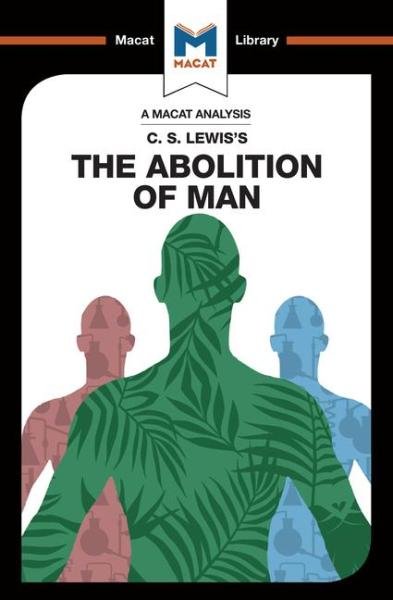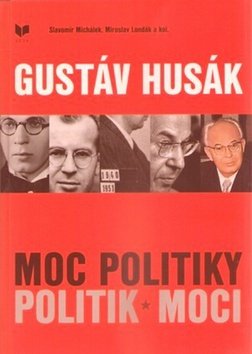
C. S. Lewis’s The Abolition of Man (A Macat Analysis)
Knihu koupíte v
1 e-shopu
od
223 Kč
Pokud se vám po kliknutí na tlačítko "Do obchodu" nezobrazí stránka knihy ve vybraném e-shopu, je třeba vypnout AdBlock ve vašem prohlížeči pro naši stránku.
Návod na vypnutí je například na adrese https://o.seznam.cz/jak-vypnout-adblock/#1.
Krátký popis
C.S. Lewis’s 1943 The Abolition of Man is a set of three essays
that encapsulate some of the most important elements of good
critical thinking. Lewis considers a weighty topic, moral
philosophy – and more precisely how we teach it, and where morality
comes from. As critics and enthusiasts for Lewis’s work alike have
noted, though, he was not a philosopher as such, but a professor of
literature. And rather than presenting novel or original ideas, the
essays’ true qualities lie in the ways in which they evaluate and
judge the arguments of prior philosophers, and how they construct a
coherent, highly persuasive argument for Lewis’s own point of view.
Lewis takes issue with textbooks and philosophies that argue for
(or imply) that all morals and moral judgments are relative. He
deploys evaluative skills to point out the weaknesses in such
arguments and then sets out for his readers the kind of moral
future such relativism could lead to. This hard-hitting evaluation,
in turn, provides a solid base upon which to construct a
well-argued counter-proposal, that moral laws can be absolute, and
stem from objective, universal values. Persuasive and enthralling,
The Abolition of Man showcases reasoning at its best. Dr Ruth
Jackson did postgraduate work in theology and religious studies at
the University of Cambridge. She is currently acting Director of
Studies at Corpus Christi College and is a researcher at the Centre
for Research in the Arts, Social Sciences, and Humanities at
Cambridge, where she works on the ERC-funded project ‘The Bible and
Antiquity in Nineteenth-Century Culture.’ Brittany Pheiffer Noble
is a graduate student at Columbia University and holds a Masters
degree from Yale University’s Divinity School, where she studied
religion and theology. Her research focuses on literary and
aesthetic theory, alongside theology and history. She is the
translator of Arab Orthodox Christians Under the Ottomans 1516–1831
(2016) and has taught at Sciences Po, Columbia and Dartmouth. Table
of Contents Ways in to the text Who was C. S. Lewis? What does The
Abolition of Man say? Why does The Abolition of Man matter? Section
1: Influences Module 1: The Author and the Historical Context
Module 2: Academic Context Module 3: The Problem Module 4: The
Author's Contribution Section 2: Ideas Module 5: Main Ideas Module
6: Secondary Ideas Module 7: Achievement Module 8: Place in the
Author's Work Section 3: Impact Module 9: The First Responses
Module 10: The Evolving Debate Module 11: Impact and Influence
Today Module 12: Where Next? Glossary of Terms People Mentioned in
the Text Works Cited
Vývoj ceny
Aktuální Ø cena knihy C. S. Lewis’s The Abolition of Man (A Macat Analysis) je 228 Kč
Výběr knih autorů
Brittany Pheiffer Noble ,
Ruth Jackson
Zobrazit všechny knihy autora
Brittany Pheiffer Noble,
Ruth Jackson
Výběr knih vydavatele
Macat
Zobrazit všechny knihy vydavatele
Macat
Naše tipy
- Právě probíhající akce a slevy na knihy
-
Knihydobrovsky.cz | do 12.12.2025
-
Knihydobrovsky.cz | do 17.12.2025
-
Knihydobrovsky.cz | do 24.12.2025
-
Knihydobrovsky.cz | do 24.12.2025
-
Bookshop.cz | do 31.12.2025
- zobrazit všechny akce







